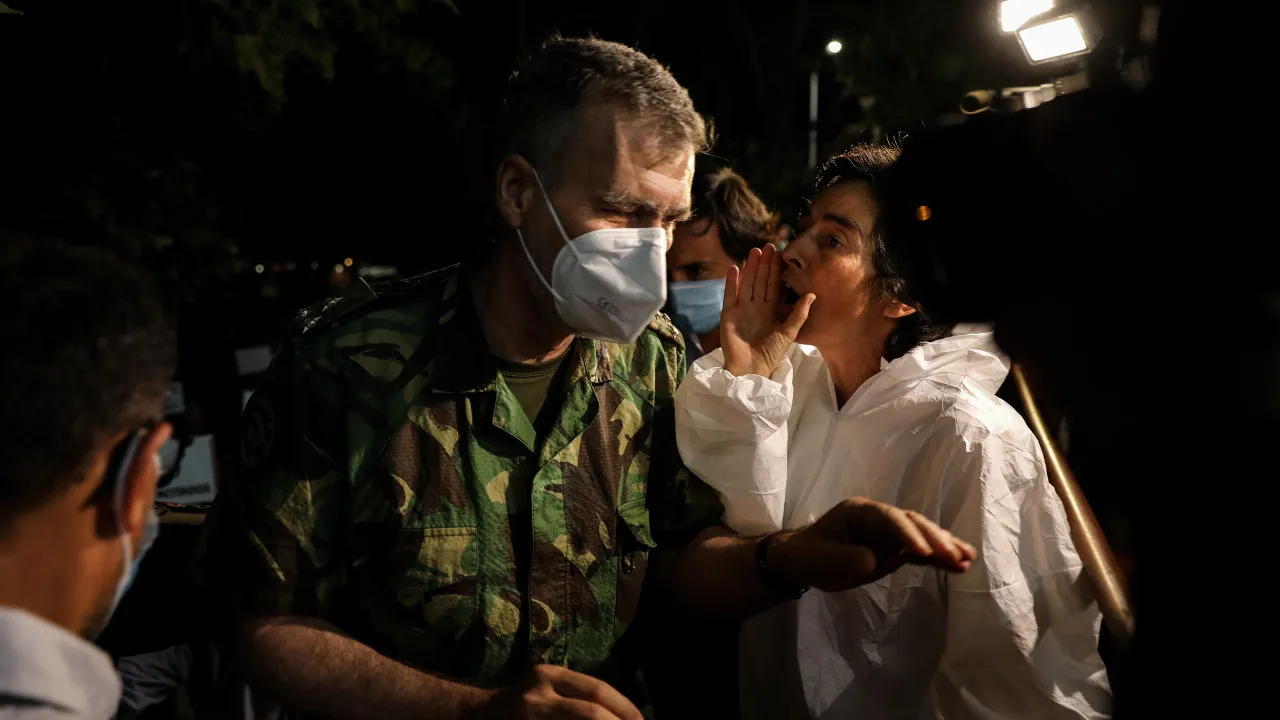
The inter-union CGTP-IN criticized the newly presented government program of Luís Montenegro’s administration, asserting in a statement that it fails to address key issues affecting workers, retirees, and the general population. The statement claims that the program exacerbates exploitation, inequality, and dependency, while failing to ensure development and social and territorial cohesion.
CGTP-IN argues that the government’s program prioritizes large capital and economic groups, rather than focusing on improving living conditions and rights for workers and retirees. Amendments to labor legislation, described as efforts under the guise of “simplification and debureaucratization,” are seen as further restricting the constitutional right to strike and responding to business initiatives aimed at increased exploitation and further weakening workers’ positions in labor relations.
With an increasing number of workers facing deregulated schedules and extended daily work hours, the PSD/CDS Government aims to balance worker protection with more flexible labor regimes concerning working hours, vacation rights, and hour banks, according to the inter-union’s statement.
The government also plans to maintain a low-wage policy by introducing a “work subsidy,” which may substitute employer responsibility and postpone solutions to 2029, the statement adds.
Regarding the “State reform,” CGTP-IN believes it continues the logic causing current challenges in the public administration, neglecting decades of salary devaluation and career destruction that need reversal to maintain and attract essential state employees.
In the health sector, the government maintains its privatization commitment, prioritizing policies favoring private interests rather than strengthening the National Health Service (SNS), the statement emphasizes.
The housing measures, lacking strong investment in public housing and rent control, similarly favor business interests, it is claimed.
CGTP-IN also cautions against what it sees as an attack on public social security within the program, continuing developments prompted by a previously established working group that remains active.
Regarding taxation, CGTP-IN notes the program’s intent to further exempt capital income by reducing corporate tax rates and phasing out state surcharges while continuing to burden workers via indirect taxes.
In response, CGTP highlights the necessity for strong organization, unity, and resistance to defend rights and improve living and working conditions, as expressed in the statement.
The XXV Constitutional Government program was submitted to the Assembly of the Republic on Saturday, with the Minister of Parliamentary Affairs stating that it targets a four-year term aimed at genuinely transforming the country.
The second administration under Luís Montenegro, approved on Thursday by the Council of Ministers, outlined ten priority areas in the program.




